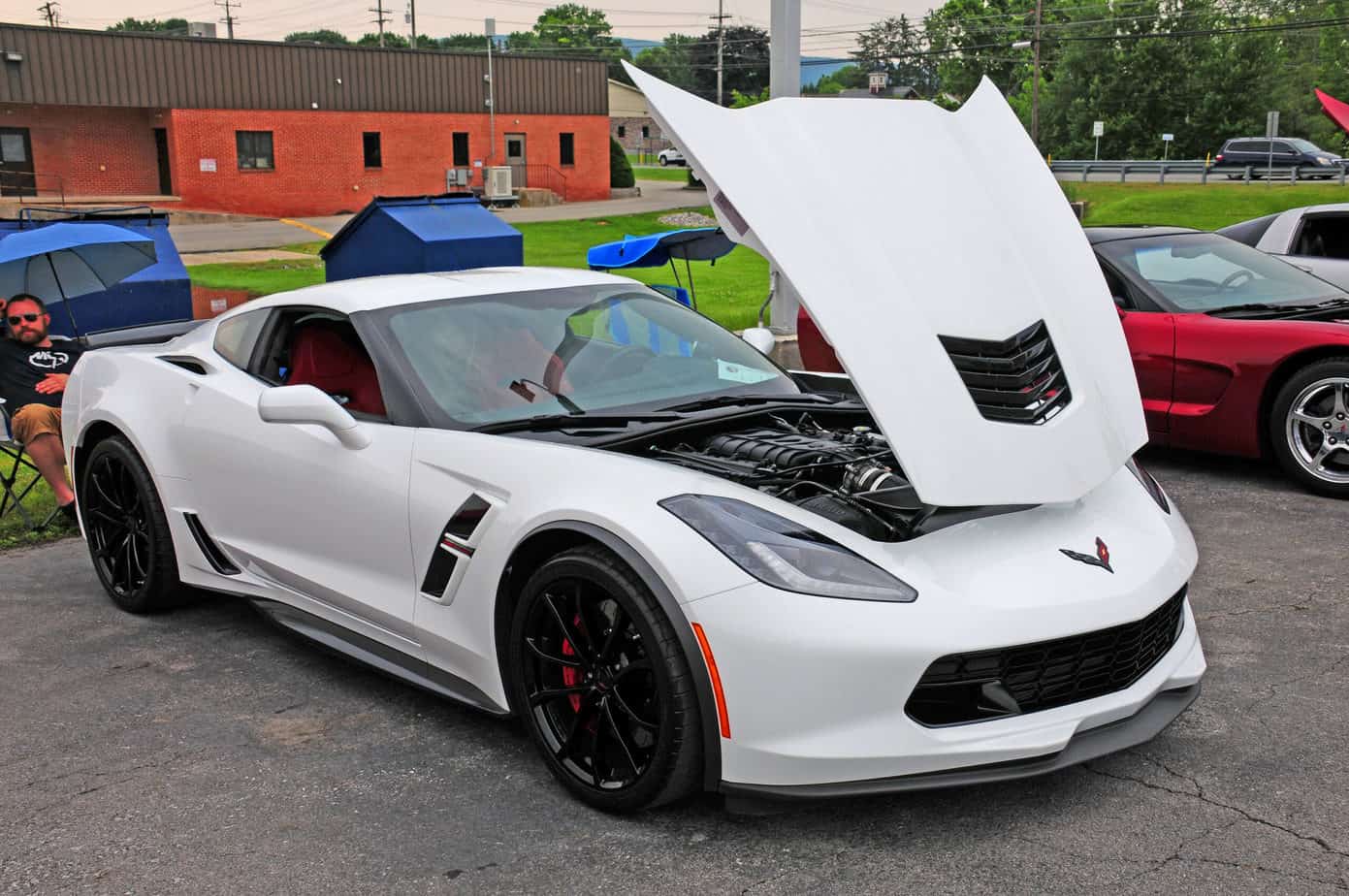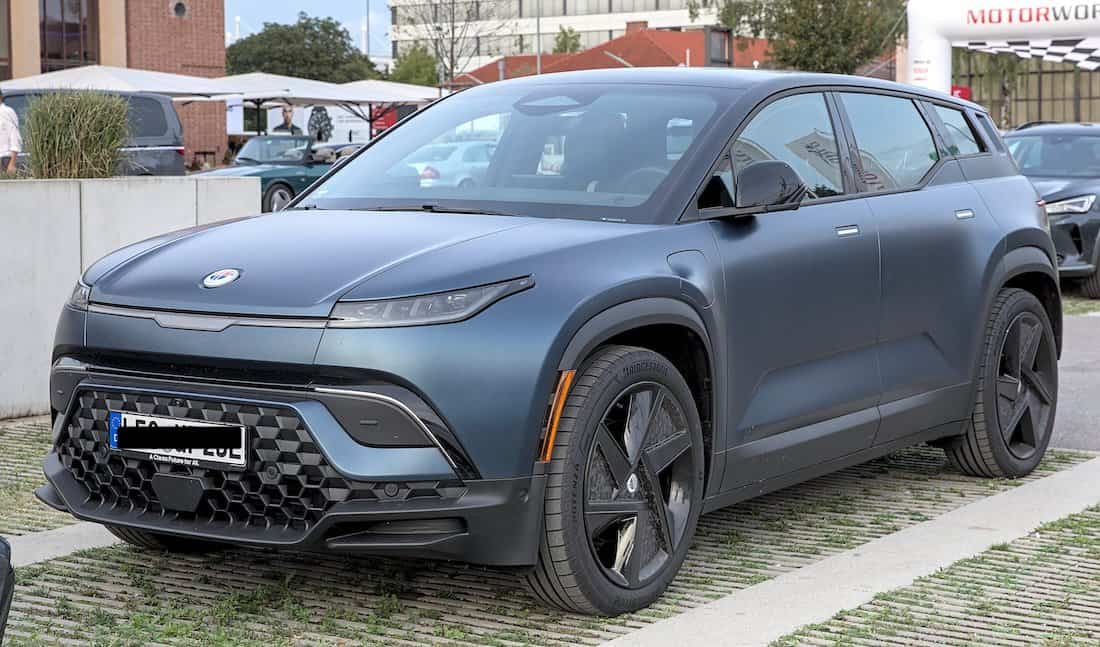Consumers who purchased or leased certain 2022-2023 Honda Civic models must pay close attention to their legal rights. These Civic models have been alleged to have a defect relating to the steering wheel, which can become stuck while driving.
According to the complaints filed in several class action lawsuits, this problem is allegedly due to a defective electric power steering system, which makes the 2022-2023 Honda Civics potentially dangerous to drive.
For free information on the lawsuits and your legal right to seek compensation, you can contact a lemon law lawyer for advice as to your options.
The first class action lawsuit, Burgos v. American Honda Motor Co., Central District of California Case No. 2:2023cv02128, was filed four days after the National Highway Traffic Safety Administration (NHTSA) opened an investigation into approximately 238,000 model year 2022-2023 Honda Civics. NHTSA said it had received 145 complaints about this potential defect in Honda steering wheels.
Current or former owners or lessees of Honda Civics should be aware that the California lemon law and other state and federal laws may force Honda to either “buy the vehicle back” or provide further significant compensation for those experiencing this defect. Under California’s lemon law, qualifying lemons must be bought back, and that could mean a large cash refund and payoff of your loan or lease.
The refund could be as much as everything you paid for the vehicle and everything you owe: monthly payments, down payments, tax, finance charges, license, registration, etc. Depending on the circumstances, you could even qualify for two times your money back.
Honda Civic Power Steering Defect Claim
Several federal class action lawsuits filed in the United States District Court for the Central District of California claim that certain 2022-2023 model year Honda Civics are afflicted with a “sticky” power steering defect that can cause the vehicles to lose maneuverability unexpectedly (the “Power Steering Defect”).
According to the class action complaints, the Power Steering Defect allegedly can occur without warning and in all manner of driving conditions, including at high speeds, and constitutes a significant safety hazard in that “it increases the likelihood the driver will be involved in an accident when they lose control and are unable to maneuver.”
The class action complaints also allege Honda has known since at least 2016 about the Power Steering Defect but has not recalled the vehicles or offered reimbursements to Civic owners.
The complaints claim Honda’s knowledge of this defect is also supported by service bulletins, consumer complaints on the National Highway Traffic Safety Administration website and other sites, and consumers who brought their 2022-2023 Honda Civics in for repairs related to this problem.
According to the class action lawsuits,
“[g]iven the number of complaints regarding the Steering Defect so early in the life of the Class Vehicles, Honda, upon information and belief, would have known about the Steering Defect and could have issued a stop sale of the Class Vehicles or implemented a countermeasure to avoid selling Plaintiffs and Class Members vehicles that contain a dangerous defect in their electronically controlled steering systems.”
The Honda Class Actions
The Burgos class action complaint against Honda was filed on March 21, 2023. Two other class action lawsuits, the Murillo and Gonzalez class action complaints, were filed on April 4 and 24, 2023. These lawsuits were all consolidated on July 12, 2023 and a consolidated complaint was filed on August 22, 2023.
A motion to dismiss the consolidated class action complaint is pending and has been set for hearing on February 9, 2024.
It will be a significant time before this case is ready for trial. The Court set pre-trial and trial dates on August 29, 2023.
According to the schedule set by the Court, the hearing on the motion for class certification will not be heard until March 28, 2025, meaning you would not receive notice of the Court’s ruling on class certification until some time in the Summer of 2025.
Various other pre-trial dates have been set, leading to a jury trial set to take place beginning on August 26, 2025.
Your Lemon Law Options

When it comes to vehicles and lemon law claims, what to do can be a complicated decision, as it can depend on many factors. These factors include:
- How old is your car?
- Has the defect occurred in your car?
- Have you taken it in for repairs on more than one occasion?
- Do you still own the car?
- Is the vehicle still under warranty?
- Where do you live?
Our experienced lemon law and consumer attorneys can help you sort through these questions and make an informed decision.
FAQ – Honda Civic Power Steering Defect
What are the affected Honda Civic models at issue?
2022-2023 Honda Civic vehicles equipped with a “variable ratio” electronic power steering system.
How many Honda Civics are impacted by this steering defect?
Although the exact number of vehicles affected is presently unknown, based upon the number of Honda Civic vehicles manufactured for sale in the U.S. between 2022 and 2023 and the number of these vehicles identified as being investigated by NHTSA, the number of potentially affected vehicles could be upwards of 238,000 cars.
Does the Power Steering Defect violate the vehicle warranty?
The Honda Civic vehicles in the class actions come with a “bumper to bumper” New Vehicle Limited Warranty of 3 years/36,000 miles, whichever comes first. Most of these vehicles should therefore still be covered under warranty.
Are Honda Civics with this Defect Unsafe?
According to the class action complaints, the Power Steering Defect can occur without warning and in all manner of driving conditions, including at high speeds, and constitutes a significant safety hazard in that “it increases the likelihood the driver will be involved in an accident when they lose control and are unable to maneuver.”
Has Honda offered the consumers anything to resolve this issue?
Not at this time.
Is there anything I need to do at this time?
As the hearing on class certification will not take place for at least a year, if you decide to bring your own claim, you can do so now and opt out of the class action later if or when you receive notice relating to the lawsuit. Or the class may be defined as persons who did not bring an individual case, automatically opting you out of the class action lawsuit.
What is the Song Beverly Warranty Act?
The Song-Beverly Warranty Act, California Civil Code §1793.2(d)(1), is a California state law requiring manufacturers to repair defects after reasonable repair attempts. What is “reasonable” is not part of any hard and fast rules – safety defects such as the Power Steering defect should be fixed immediately, for example. The defects have to “substantially impair the vehicle’s use, value, OR safety.” Civil Code §1793.22(e)(2).
Under Civil Code §1793.2(d)(1), manufacturers must promptly offer repurchase or replacement of the vehicle they cannot fix in a reasonable time frame.
In addition, Civil Code §1794(c) and §1793.2(d) provide that customers are entitled to a civil penalty in an amount up to two times actual damages if manufacturers acted “willfully” (meaning knowingly, but not necessarily with wrongful or malicious intent) in ignoring or failing its obligation under Song-Beverly.
Finally, under Civil Code §1794(d), manufacturers such as Honda must pay plaintiffs’ attorneys’ fees and costs as part of the settlement, as the Song-Beverly Act is a pro-consumer fee-shifting statute.
What compensation could I get in a lemon law lawsuit?
The California lemon law and other state and federal laws may force Honda to either “buy the vehicle back” or provide further important compensation.
Under California’s lemon law, qualifying lemons must be bought back, and that can mean a large cash refund and payoff of your loan or lease.
Depending on the circumstances this refund could be as much as everything you paid for the vehicle and everything you owe: monthly payments, down payments, tax, finance charges, license, registration, etc. You could even qualify for two times your money back.
What Honda would have to buy it for has nothing to do with how much the vehicle is currently worth. There is a formula in the law that starts with you getting ALL your money back and then taking certain deductions and exclusions away from your payment. Those refunds and exclusions are challenging to understand and can be fought against by knowledgeable consumer attorneys.
Don’t settle for small dollar payments or more possible fixes without speaking to a qualified lemon law attorney who has your individual best interest in mind.
Start your FREE lemon law review
There are a lot of factors to consider in deciding whether to pursue a lemon law claim. We can help you sort through these questions and make an informed decision about your options.
Fill out the following form, and we will promptly contact you.



